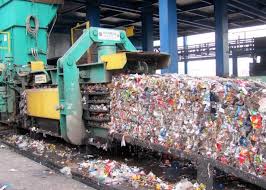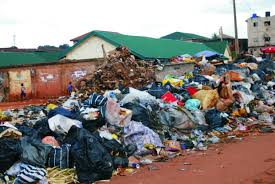It’s not hard to reduce the waste you use in your life every day. Take some time and look at the products you use every day and try and find a way to reuse or limit the amount you use them. Some simple changes can make a big difference in the amount of waste we produce around our house.
Proper waste management is a complex synergy of government, producers, and consumers working together. This relationship is only able to function if all parties work towards the same goal of reducing the amount of waste that ends up discarded in landfills or incinerated. Therefore, it is important to know the responsibilities of each sector and what role they play in the waste management cycle.
Roles of Government in Waste Management
In Canada for instance, the responsibility for managing and reducing waste is shared among federal, provincial, territorial, and municipal governments. In general terms, municipal governments manage the collection, recycling, composting, and disposal of household waste, while provincial and territorial authorities (such as the Government of Ontario) establish waste reduction policies and programs as well as approve and monitor waste management facilities and operations. In this article we will further discuss the different roles and responsibilities associated with each level of government.
The federal government is responsible for the Environmental Protection Act which lays out the requirements that must be followed in the management of waste products within the province (Government of Ontario, 2019), while the federal government is responsible for the development of these rules.
Read Also : Environmental and Social Impacts of Waste and Waste Management Strategies
The collection and transportation of waste is left to local municipalities (Government of Ontario, 2019). Both large populations and large geographic areas require advanced waste systems to meet the requirements set out by the Environmental Protection Act.
The federal government is also responsible for regulating international treaties within Canada on the sale and shipment of waste to other countries.
The provincial government is responsible for regulating and developing rules surrounding wastes and recyclables in relation to the Waste Reduction Act.
These waste regulations are laid out using local by-laws and include waste limits, collection fees, and restrictions what can and cannot be thrown away.
Differences in local regulations are usually controlled by the local budget allocated to waste management (Recycling Council of Ontario, 2019).
As larger municipalities will often have access to more funding, they can implement more advanced waste management systems than smaller municipalities.

The municipal government is responsible for collecting, transporting, and disposing of waste, as well as managing litter collection in public areas.
Different municipalities have different programs and initiatives put in place in order to properly manage waste.
It is important to note that municipalities do not have control over the industrial and commercial sector; this is the responsibility of the provincial government.
Municipalities are not able to collect industrial and commercial waste/recycling. To curb the issue of underfunding in smaller municipalities, the Federal Government provides local communities funding to invest in larger waste management facilities.

